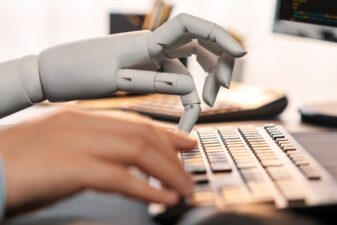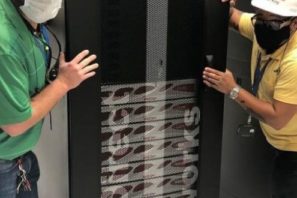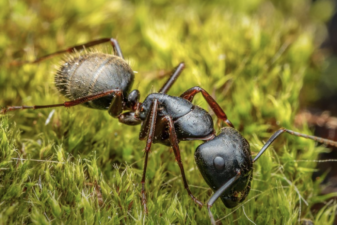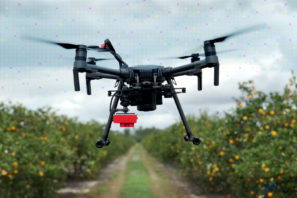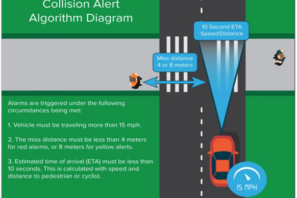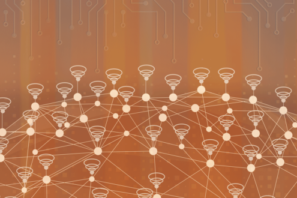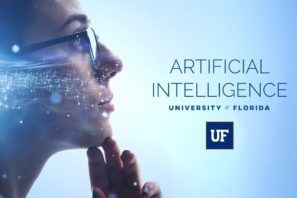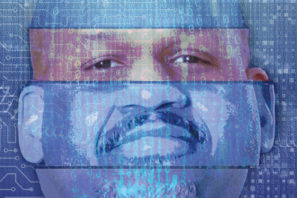Stories written by the latest version of ChatGPT were nearly as good as those written by human authors, according to...
Power and cooling upgrades are underway at the UF Data Center on East Campus as part of the latest in UF's AI Initiative.
E.O. Wilson once referred to invertebrates as “the little things that run the world,” without whom “the human species [wouldn’t]...
On the experimental farm at the University of Florida’s Southwest Florida Research and Education Center, the fourth revolution of agriculture in is high gear.
Building upon her background in corporate communication research, Public Relations Associate Professor Rita Men went into high gear during the pandemic to study effective communications from CEOs as well as chatbots used for social listening.
The patient arrived with a bladder stone, grimacing in pain and moping about. He wouldn’t even chew his cud. The...
Florida Department of Transportation ranks safety as a top priority for the state, and it is listed as one of FDOT’s Vital Few focus areas. Despite the vision of having fatality-free roadways, crashes are still a reality today.
Winners of UF Research's Artificial Intelligence (AI) Research Catalyst Fund presented how they are pursuing multidisciplinary applications of artificial intelligence across the university at the Spring 2021 HiPerGator Symposium Tuesday.
On a hot, muggy morning in July 2020, University of Florida President Kent Fuchs announced an astonishing $70 million public-private partnership between UF and NVIDIA, thus making artificial intelligence (AI) the centerpiece of a major, long-term initiative combining world-class research infrastructure, cutting-edge analysis and a revolutionary approach to curriculum.
Philosophy professor weighs the ethics of predictive policing and algorithmic sentencing.
Patrick Traynor, Ph.D., the John H. and Mary Lou Dasburg Preeminent Chair in Engineering, was recently awarded a $1.7 million grant from the Department of Homeland Security (DHS) Science and Technology Directorate.
When you can’t trust your own eyes and ears to detect deepfakes, who can you trust? Perhaps, a machine. University of Florida researcher Damon Woodard is using artificial intelligence methods to develop algorithms that can detect deepfakes — images, text, video and audio that purports to be real but isn’t. These algorithms, Woodard says, are better at detecting deepfakes than humans.

